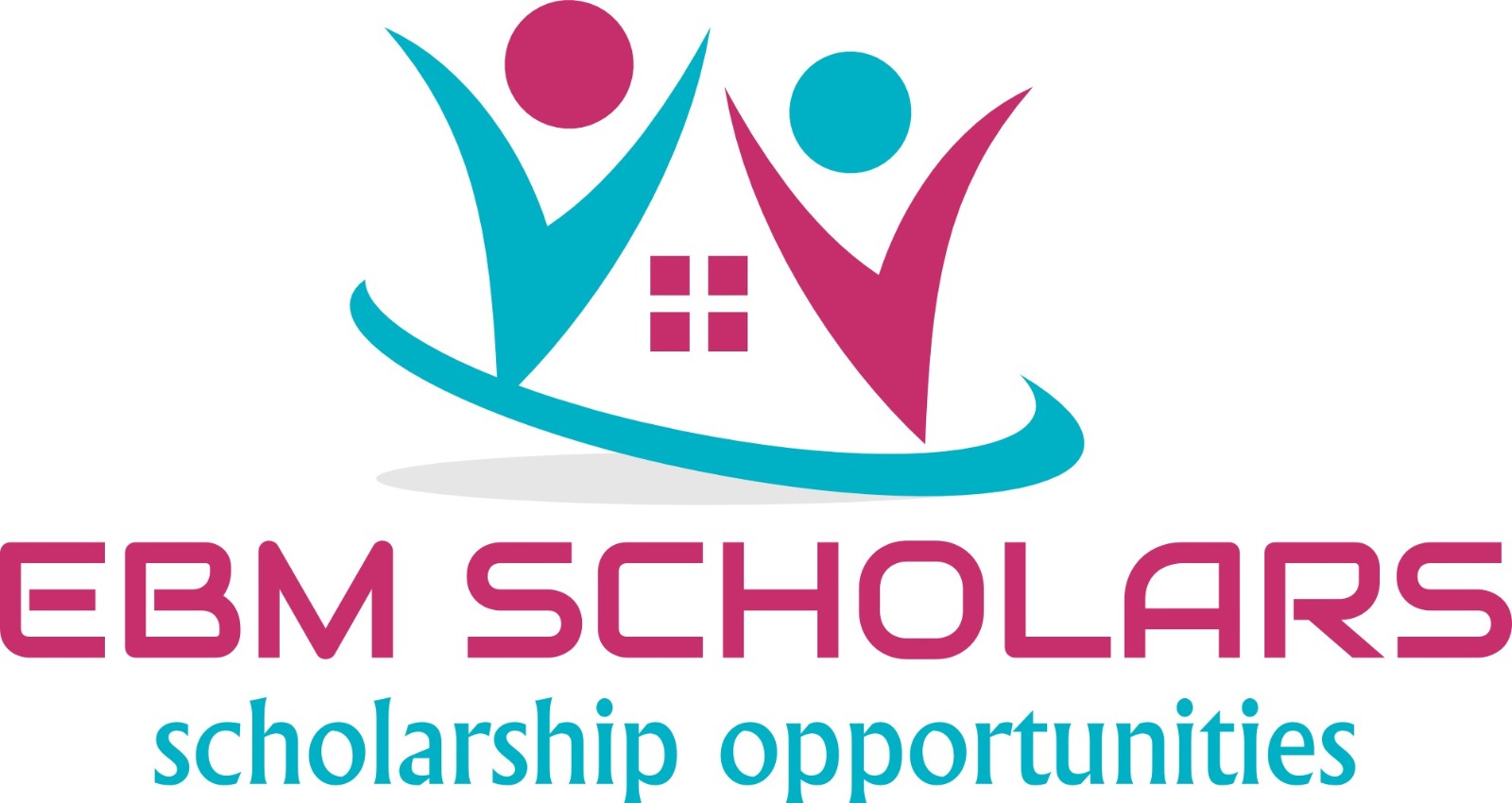2011 HRAP Overview
The Human Rights Advocates Program (HRAP) is a capacity building program designed to strengthen the skills, knowledge, and networks of proven human rights defenders at the grassroots level. Applicants from high-income countries will not be considered except for those representing marginalized communities.
Founded more than 20 years ago, HRAP leverages the resources of Columbia University and those offered by New York City as a center of NGOs and international organizations to provide proven grassroots leaders with critical skills-building and networking opportunities. Through workshops, seminars, participation in University classes and other activities as well as meetings with policy makers and potential funders, Advocates share their experiences, reflect critically on their strategies, and plan future campaigns. 229 advocates from more than 80 countries have participated in this program over the past 21 years. The cumulative reach of HRAP participants is extraordinary: alumni have worked with organizations whose memberships range from the thousands to the millions.
HRAP is fortunate to partner with numerous advocacy organizations to offer a full curriculum of training opportunities. That organizations such as Human Rights Watch, Amnesty International-USA and WITNESS commit resources to working with HRAP is indicative of both their respect for the Advocates and the Program and of the benefits they feel they themselves derive from such participation.
Program Focus
HRAP focuses both on strengthening the skills of the individual Advocates and providing the tools for them to build sustainable organizations that advocate for disadvantaged peoples.
Strategy
To meet HRAP’s goals, Advocates are expected to participate fully in the offerings provided by HRAP, including:
■Skills workshops on advocacy planning and strategies, fundraising, press and media, and building sustainable organizations;
■Columbia University courses on human rights, public health, the environment, development, and labor rights;
■Meetings and networking opportunities with NGO staff, activists, policymakers, representatives of international institutions, and academics.
Timing and Commitment
The 2011 HRAP will begin in the latter half of August and run until mid-December 2011. To be considered, participants must commit to full preparation for and complete engagement in the Program.
About the Institute for the Study of Human Rights
Since its establishment at Columbia University in 1978, the Institute for the Study of Human Rights (ISHR) has been committed to its core goals of providing human rights education to Columbia students, fostering innovative interdisciplinary academic research, and offering its expertise in international capacity building to human rights leaders and organizations.
ISHR actively works to ensure that local peoples and human rights advocates are included in the political and economic policy decisions that affect their lives.
By convening faculty, students, and human rights leaders from a wide variety of backgrounds, ISHR creates an environment in which research, education, and international outreach contribute to the establishment of a more just and equitable world.
Admissions Information
Selection of Participants
The Program is designed for lawyers, journalists, doctors, teachers, social workers, community organizers, and other human rights activists working with NGOs on issues including sexual and gender-based violence, domestic violence, minority rights, LGBT rights, labor rights, migration, health, social exclusion, environmental justice, and corporate social accountability.
Participants are selected on the basis of their previous work experience in human rights, commitment to the human rights field, and demonstrated ability to pursue graduate-level studies. Full-time students or government officials will not be considered.
Advocates must work at the grassroots level. Applicants from high-income countries will not be considered except for those representing marginalized communities. See the FAQ for more information about this requirement. Fluency in English is required. Preference is given to those who have not previously had opportunities to travel and study internationally.
Advocates must provide proof of institutional endorsement from their organizations for their participation in the Program and must commit to returning to that organization upon completion of the Program. Only one application per organization should be submitted. More than one application means all applications from that organization will be disqualified.
Funding
ISHR makes every effort to provide full fellowships to cover program costs as well as travel and housing. A reasonable stipend is also provided to cover basic costs. ISHR staff will work with interested candidates who have been wait listed for the Program to identify potential funding sources in cases where ISHR has not secured the resources to provide a full fellowship.
Application Deadline
Completed applications are due by 11:59pm GMT on Friday, November 19, 2010. The completed application must be submitted online by the deadline. Applicants should take into consideration technical issues and begin the process in advance of the deadline. The online application system will automatically close as of this deadline.
Technical Questions and Application Help
Due to the number of applications we receive, we are not able to answer application questions personally. A Frequently Asked Questions (FAQ) page is available with answers to commonly asked questions. Please email further questions to hradvocates@columbia.edu. Answers to these questions will be added as updates to the FAQ page on August 16, September 17, October 15, and November 17. To receive an answer by one of these deadlines, please be certain to send questions at least one full day in advance. Please note that the last day to request technical assistance will be Tuesday, November 16. ISHR strongly recommends completing your application well in advance of this date. We will not be able to accept late applications, even in the event of technical problems.
Application Instructions
Applicants are asked to complete the application in its entirety. Please complete all sections in English. Please follow all instructions, including those sent to your email address.
Upon submission of a completed application, a confirmation will be sent to the applicant. Applicants may also login to the online application to view their submitted applications. As stated in the application, the submission of applications is final. A submitted application cannot be altered or appended.
Application Status Notification
Applicants will be notified in June 2011 of their status. Please be patient as the selection and funding processes are lengthy.
SOURCE: CLICK HERE
HRAP 2011 Application (USA)
ERNEST B. MAKULILO
3:38:00 PM

Posted by: ERNEST B. MAKULILO
Ernest B Makulilo is a distinguished author and YouTube content creator, widely recognized for his insightful scholarship books and his influential channel, EBM SCHOLARS. With a profound passion for education and a commitment to helping students navigate the complex landscape of scholarships and higher education opportunities, Ernest has dedicated a significant part of his career to demystifying the processes that lead to academic and professional success. Based in Missouri, USA, Ernest's work extends beyond the written word to the digital realm, where he leverages his expertise and experiences to offer valuable advice, tips, and strategies through his YouTube channel. EBM SCHOLARS has become a vital resource for thousands of students worldwide, offering guidance on scholarships, admissions, and life skills necessary for thriving in academia and beyond. Ernest lives in Belton, Missouri, United States. He can be reached at ebm@ebmscholars.com Visit his website www.ebmscholars.com for immigration and education opportunities.You may like these posts
Popular Posts
Subscribe Us
Random Posts
3/random/post-list
Recent
3/recent/post-list
Popular Posts
Menu Footer Widget
©2020 EBM SCHOLARS | All rights reserved.|Designed By HellenMhondo
Crafted with by TemplatesYard | Distributed By Blogger Templates

.png)
.png)
0 Comments